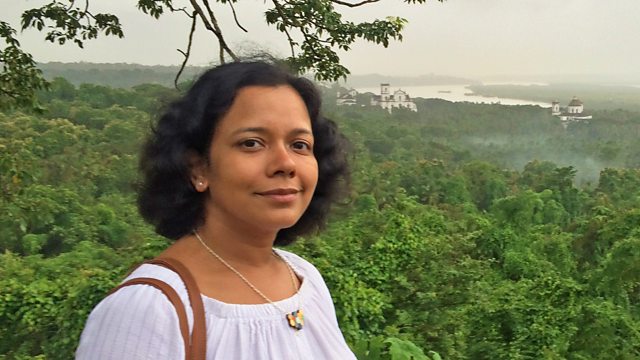Exeter College Fellows and students hold first Race Equality Seminar
2020 has been a year of chaos and, for some, a time of introspection. Individuals, institutions, and entire countries are grappling with the issues of what kind of world we want to see when we come out of the COVID-19 pandemic. Questions about how we treat and recognise those who come from a different background are chief among them. After the death of George Floyd triggered a wave of protests in the USA, the UK and around the world, some Fellows in Exeter College decided to put together a seminar series to discuss various topics about race within their given fields.
Professor Nandini Das, Fellow in English, started off by discussing the European Research Council funded TIDE project – Travel, Transculturality and Identity in England – which explores questions of identity during the great age of travel and discoveries in the sixteenth and early seventeenth centuries. After discussing how terms used during this time period excluded or included different groups of people from conversation, Professor Das touched on the Parliamentary advisory report on race and belonging in secondary education co-produced by TIDE and the Runnymede Trust.
After this Professor Jane Hiddleston, Fellow in French, spoke about colonialism and race in francophone literature, discussing authors such as poet Aimé Césaire, considered one of the founders of the négritude movement.
Following on from Professor Hiddleston, Dr Dexnell Peters, Bennett Boskey Fellow in Atlantic History 1700 – 1900, gave a talk about race and politics in the Greater Caribbean during the Revolutionary Era. This included conversations about some of the collective action that took place, such as petitions.
Ending things, Archives and Records Assistant Dr Isabel Robinson discussed the Legacies of Slavery project at Exeter College, explaining the methodology behind researching the College’s connections to slavery and whether Exeter College profited from the proceeds of slave-ownership and coerced labour.
All of these talks were absolutely fascinating and provided unique insight into people’s lives and countries’ histories that are seldom talked about, in a way that was easy for anyone to understand. Turnout for the event was great, and there were some insightful questions asked in the discussion section of the seminar. Ultimately, the event served as an excellent way to conclude Black History Month and was also an excellent launch pad for more of these discussions in the future.

Professor Nandini Das was among the Fellows to take part in the seminar
